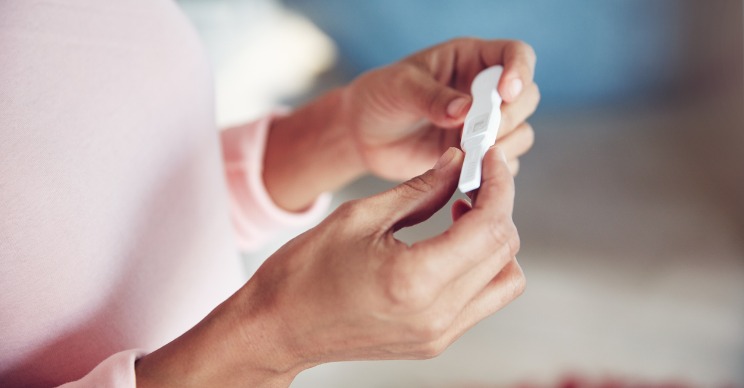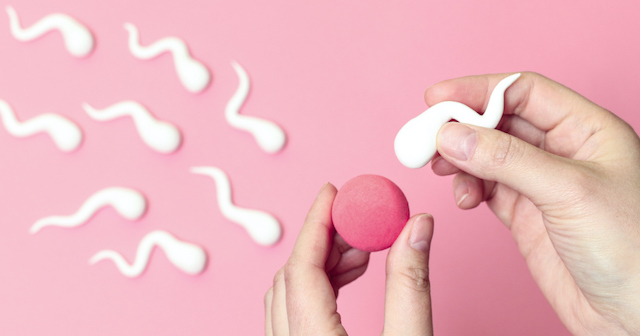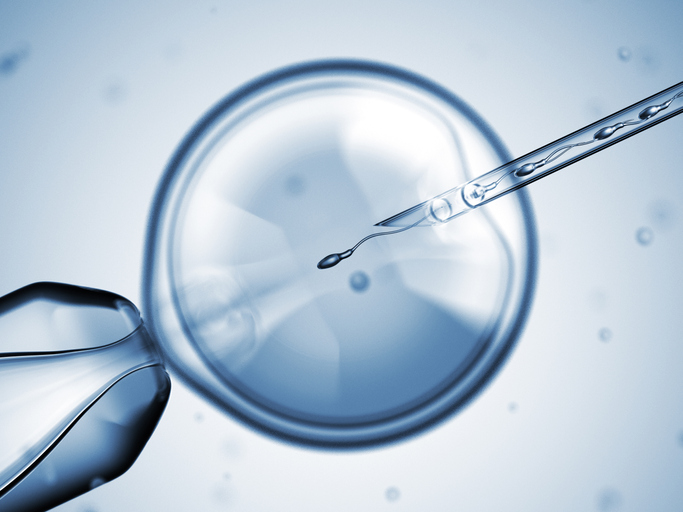What is endometriosis?
Endometriosis is a long-term (chronic) health condition. It occurs when cells that are similar to those that make up your womb's lining (endometrium) grow in other parts of your body. They often grow in the ovaries and fallopian tubes, for example.
Common symptoms of endometriosis include:
- very bad period pain and/or very heavy periods
- pain during or after sex
- pelvic pain, which is usually worse during your period
- pain when going to the toilet during your period
- feeling sick (nausea), trouble pooing (constipation), loose poos (diarrhoea) or blood in your pee while on your period
Some people with endometriosis report other symptoms, including tiredness, back and leg pain, and depression.
Endometriosis also can lead to problems getting pregnant or not being able to get pregnant at all (infertility). Read on to find out why, and how it can be treated.
How can endometriosis cause infertility?
We don’t know exactly why infertility is one of the main complications of endometriosis, but it’s thought that it can affect fertility in several ways.
Like the lining of your womb during your menstrual cycle, endometriosis growths thicken and then break down every month. This can cause pain and swelling (inflammation) because – unlike a period – they can’t leave your body.
These growths can lead to scar tissue and fibrous, ‘sticky’ tissue called adhesions, which can sometimes cause organs to stick together. This can change the shape of your pelvic organs and may make it difficult for your ovaries to release eggs (ovulation). It can also block your fallopian tubes.
If your ovaries are affected, they may develop cysts called endometriomas. These are filled with blood and endometriosis-like tissue and can sometimes burst, which can affect ovulation.
More severe cases of endometriosis are also thought to affect your ovarian reserve, reducing the number or quality of your eggs.
Finally, the inflammation caused by endometriosis may also make it more difficult for fertilisation to happen, or for a fertilised egg to burrow (implant) in the lining of your womb.
If your endometriosis is making sex painful and limiting how often you have sex, this may also be a factor in reducing your chances of conceiving.
If you're struggling with pain, talk to your doctor about treatments and techniques that may help you to manage the pain while you’re trying to conceive. Note that you may also be advised against taking some painkillers, such as non-steroidal anti-inflammatories (NSAIDs) and codeine, as they can affect the development of your baby if you do become pregnant.

Can you get pregnant when you have endometriosis?
The effect endometriosis has on your fertility can depend both on where the tissue is growing and how severe your condition is.
Most people with endometriosis can still get pregnant. Even if your condition is severe, it’s still possible. It’s thought that 60-70% of people with endometriosis can get pregnant naturally.
When to see a doctor
You should see a doctor if you have endometriosis and you’ve been trying without success to get pregnant, or if you think endometriosis symptoms are affecting your fertility.
It can be useful to keep a diary listing when you get your symptoms and how they affect you. It can also be helpful to record what effect your symptoms are having on your efforts to get pregnant. For example, are they making sex painful or less regular?
Sharing this information with your doctor can help you to work together on the best treatment plan for your individual situation.
You can also try the Healthily symptom checker to see what your symptoms could mean.
Endometriosis treatments and fertility
If you do get or have an endometriosis diagnosis and you discuss treatments with your doctor, it’s important to tell your doctor if you’re wanting to get pregnant.
Most hormone-based treatments affect your ability to get pregnant, but none of them will have a permanent effect on your fertility.
For example, some common endometriosis treatments are hormone-based. These include the combined oral contraceptive pill and progestogens such as the intrauterine system(IUS), contraceptive injection and implant.
If you’re trying to get pregnant, a laparoscopy can be done to remove or destroy areas of endometriosis that might be affecting your fertility.
Learn more about treating endometriosis.
Alternative treatments for endometriosis
Some people with endometriosis use alternative treatments or therapies to help manage symptoms such as pain, or to improve fertility. These treatments can include:
- acupuncture
- reflexology
- homeopathy
- traditional Chinese medicine
- herbal medicine
- supplements and vitamins
- behavioural and psychological therapy
While some people find them helpful, there isn’t much scientific proof that they’re effective for endometriosis. As a result, they’re not generally recommended by doctors as treatments for endometriosis or to treat fertility problems due to endometriosis. However, they may help you feel more able to manage pain, feel more relaxed or increase your general wellbeing when you’re dealing with difficult symptoms or trying for a baby.
Your health questions answered
Can endometriosis cause chemical pregnancy?
Answered by: Healthily's medical teamIf you have a miscarriage very early in pregnancy – usually less than 5 weeks – it’s called a ‘chemical pregnancy’. This is when you’ve had a positive pregnancy test, but it’s too soon to show up on an ultrasound scan. If you have endometriosis, your risk of miscarriage is slightly increased: it’s about 25%, compared with an estimated 10 to 20% of all pregnancies.
Key takeaways
- endometriosis is when tissue similar to your womb lining grows in other places
- it can lead to difficulty getting pregnant and infertility
- most people with endometriosis can still get pregnant naturally
- some endometriosis treatments are hormone-based and can affect your fertility while you’re taking them
- see your doctor if you have endometriosis symptoms, or you have endometriosis and want to get pregnant





